“I think they may have some illusions about finding oil in Pakistan. And I wish them luck,” said Congress MP Shashi Tharoor on Thursday (July 31) hours after Donald Trump said that the United States had struck a deal with Pakistan and together they would be developing the country’s “massive oil reserves”, in what he described as a major energy partnership.
The Congress leader’s remarks have led to many feeling sceptical about Pakistan’s oil reserves. They point to the country’s petrol prices; Pakistanis have to shell out a whopping Rs 264.61 per litre.
So, the question that everyone is asking is — is Islamabad selling Trump an oil deal after a Nobel deal? Can this dream actually turn into reality?
Trump announces Pakistan oil deal
On Wednesday (July 30), Trump on Truth Social announced that his administration had just finalised a big deal with Pakistan. “We have just concluded a deal with the country of Pakistan, whereby Pakistan and the United States will work together on developing their massive oil reserves.”
The US president then added, “We are in the process of choosing the oil company that will lead this partnership. Who knows, maybe they’ll be selling oil to India some day!” Trump said.
It is not immediately clear what massive oil reserves in Pakistan Trump was referring to. Interestingly, the move came just after the US president announced a 25 per cent tariff and ‘a Russian penalty’ on ‘friend’ India.
Following Trump’s declaration, Pakistan’s Prime Minister Shehbaz Sharif hailed the agreement between Islamabad and Washington, terming it as “historic”. In a social media post, Prime Minister Sharif said, “I wish to convey my profound thanks to President Trump @realDonaldTrump for his leadership role in finalisation of the historic US-Pakistan trade agreement, successfully concluded by our two sides in Washington, last night.”
“This landmark deal will enhance our growing cooperation so as to expand the frontiers of our enduring partnership in days to come,” he said.
Pakistan’s oil reserves — fact vs fiction
This deal has shifted the focus on Pakistan’s oil reserves. So, how much oil does Pakistan actually have?
As per the US Energy Information Administration (EIA) and Worldometer data, Pakistan’s conventional crude oil reserves stands at 353.5 million barrels as of 2016. This puts the country on the 52nd position on the list of countries with petroleum in the world.
To put Pakistan’s numbers in perspective, it is just 0.021 per cent of the global oil reserves. In fact, Venezuela, with the world’s largest crude oil reserves, has 3,03,221 million barrels, as per OPEC data.
Even India’s crude oil reserves are much more than Pakistan; it has around 4.9 billion barrels of oil reserves, ranking among the top 25 globally.
Experts state that based on current consumption in Pakistan — it consumes about 556,000 barrels per day — these reserves would cover less than two years of domestic demand if the country does not import oil.
However, it seems that Pakistan has sold Trump on new discoveries of oil reserves. But there’s no way to confirm the veracity of these claims, which date back to 2019. Then Pakistan Prime Minister Imran Khan announced a “possible massive find” only for the Petroleum Division to deny it, saying the drill did not yield the desired results.
But since then other claims of reserves have emerged. Earlier in June, Pakistan’s state-owned Oil & Gas Development Company Limited (OGDCL) announced that it discovered a new reserve in Kharo at its Faakir-1 wildcat well in the Sindh province. According to officials, this reserve has a potential to yield 6.4 million cubic feet of gas and 55 barrels per day of condensate.
Last year too, a similar discovery had been made in Lakki Marwat in the Khyber Pakhtunkhwa province. Officials said that it found gas and condensate reserves with initial production of 2.114 million cubic feet of gas and 74 barrels of crude oil per day. There was also another field in Attock, Punjab to have similar reserves.
Moreover, last September, Pakistan’s Oil and Gas Regulatory Authority (OGRA) said a major three-year survey, conducted with the help of a “friendly country”, confirmed the presence of large oil and gas reserves in the country’s territorial waters.
However, these claims aren’t substantiated. No commercial drilling has confirmed the presence of these resources. In fact, experts in an Economic Times report noted that these are not reserves in the technical sense, as they lack development plans, proven recoverability, or commercial viability.
Challenges galore
But even if these reserves are real, there are some serious challenges in tapping them.
Some experts note that it would take $5 billion and around four to five years just to confirm and begin development of these sites. Pakistan’s former energy minister Mohammad Ali Arif, according to a report in The Print, said Pakistan has an estimated 235 trillion cubic feet of gas, yet extracting just 10 per cent over the next decade could require up to $30 billion. Arif cautioned that it is “wishful thinking until the prospects for the reserves are analysed and the drilling process begins”.
Moreover, Pakistan’s ongoing economic crisis makes development of these sites even more difficult. There’s also the security and political situation to consider in the matter. International companies may be hesitant to invest owing to the instability in the country — as of now, only China and Turkey have shown any interest at all.
In recent years, four major oil and gas companies have announced their departure from Pakistan. Italy’s ENI exited in 2021 after two decades, while Kuwait Foreign Petroleum Exploration Company sold its assets in multiple blocks to Pakistan Exploration Limited (PEL) in late 2024. Shell sold its majority stake in Shell Pakistan in 2023 and TotalEnergies announced its Pakistan exit in late 2024.
Experts Speak
While it remains unknown where and how Trump and Pakistan will further this deal, it prompted many a reactions in India.
Congress leader Shashi Tharoor led the pack, mocking Trump and the US for their decision. “We were one country at one time, and I have not seen any reports that there was any oil to be found in Pakistan. But if the Americans want to look, let them look,” Tharoor said.
India’s former foreign secretary Kanwal Sibal also questioned Trump on the deal, posting on X, “Already the US is the biggest oil producer and has production interests in major oil producing countries, so what is his interest in exploring oil in Pakistan?
“Even China, entrenched in Pakistan, and a huge oil importer, has not announced any plans for oil production in Pakistan.”
Other geopolitical analysts also raised questions about the US-Pakistan oil deal. “It doesn’t impress anyone for there are no proven offshore or onshore oil reserves in Pakistan,” Sharat Sabharwal, former Indian Foreign Service officer and former diplomat to Pakistan, told the New Indian Express.
Swathi Kalyani, geospatial researcher at Bengaluru-based think tank, The Takshashila Institution, also told the New Indian Express, that the deal remains unclear. “While there are claims about surveys done regarding offshore oil reserves in India, there is no publicly available data currently to validate the same for Pakistan… If we compare the proven oil reserves, India’s global position is 23rd, much ahead of Pakistan’s 52.”
With inputs from agencies


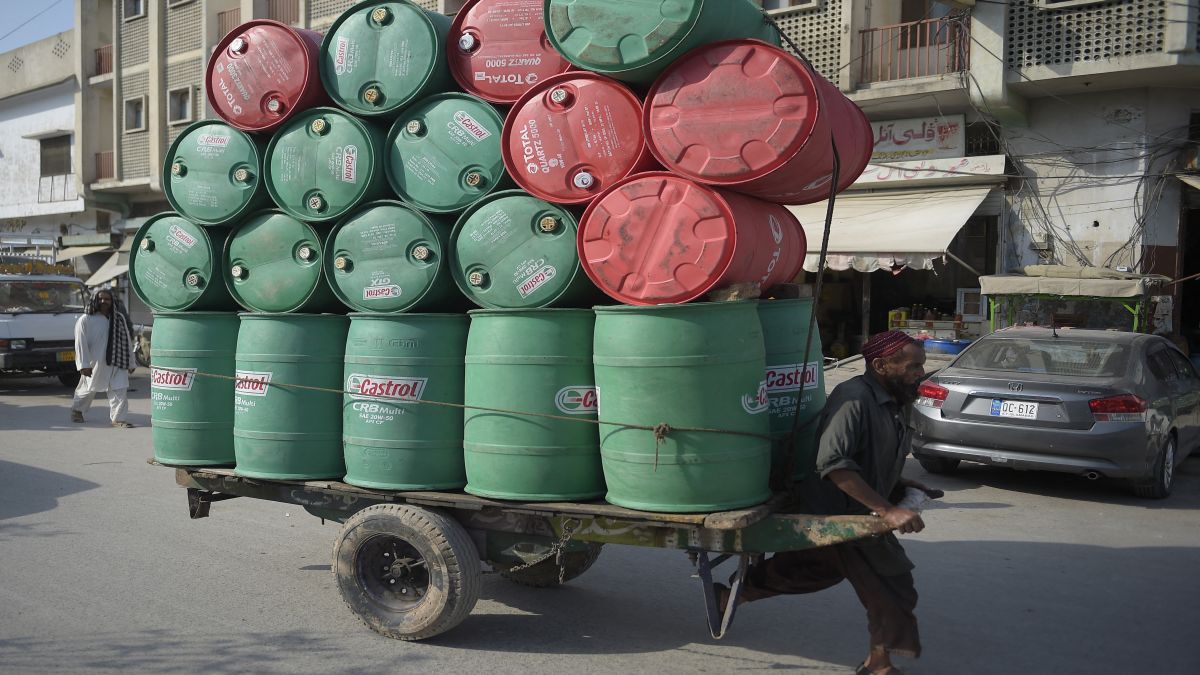)

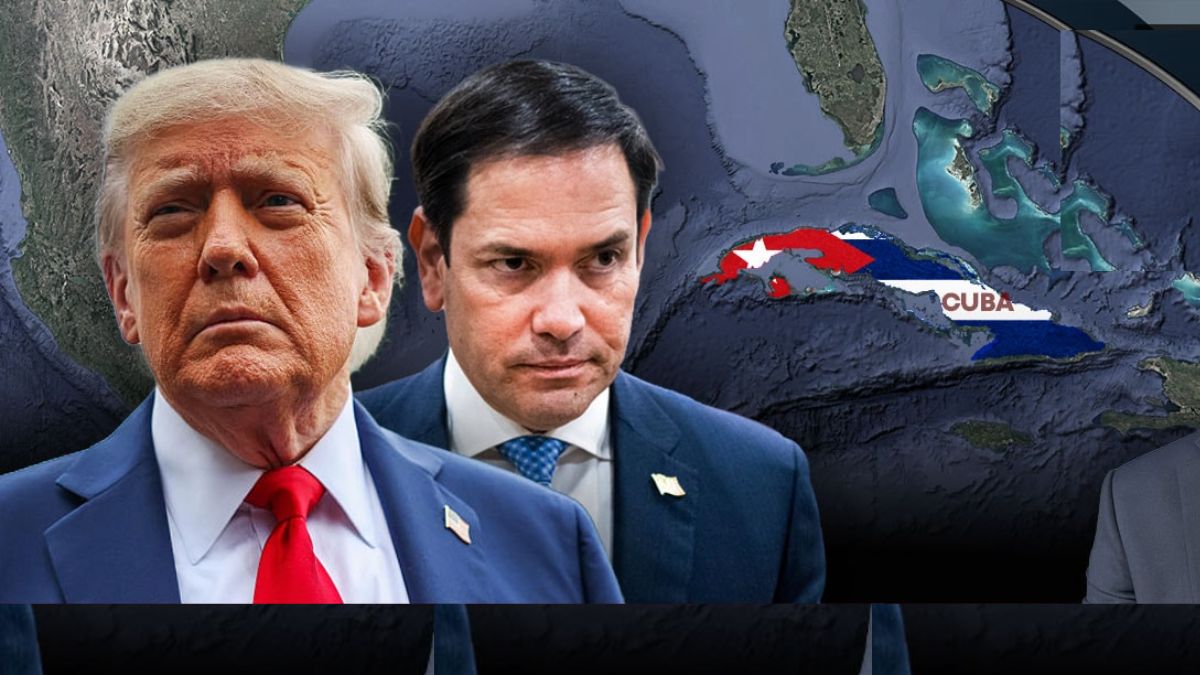)
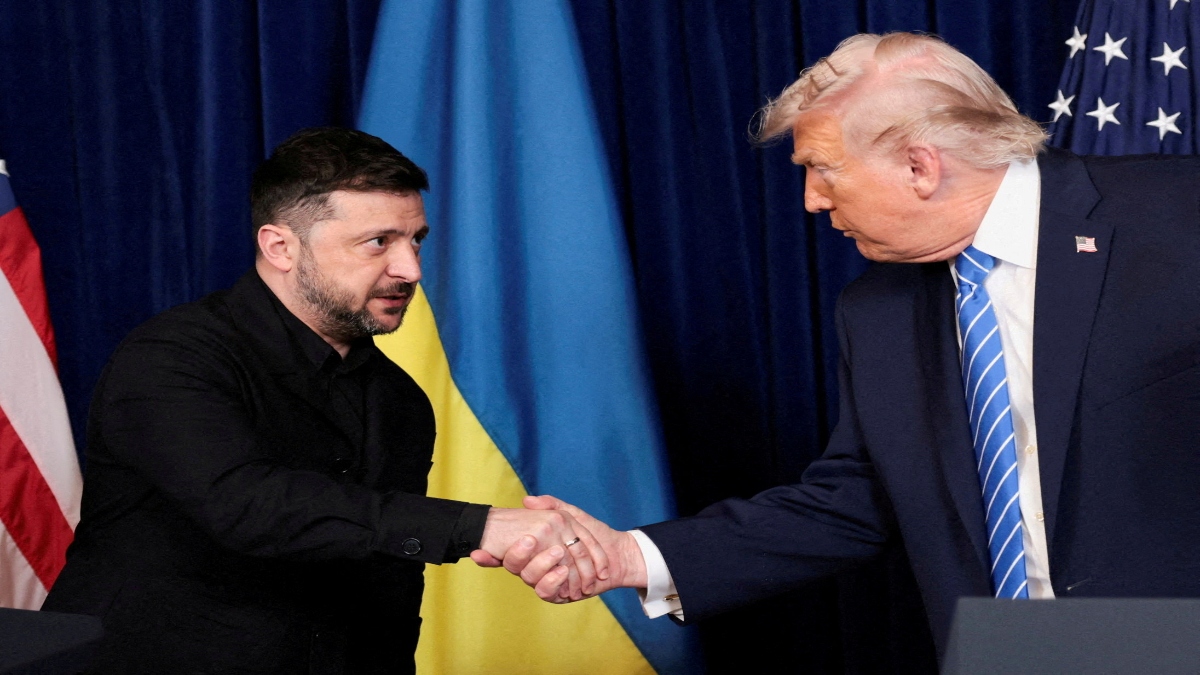)
)
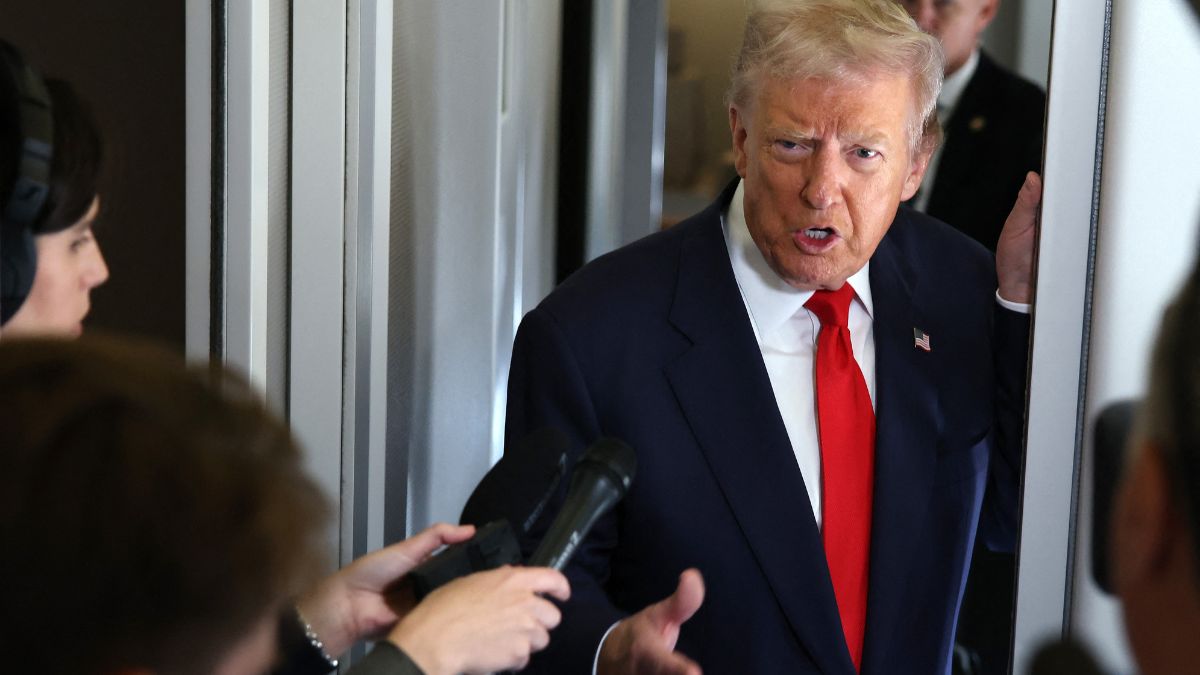)
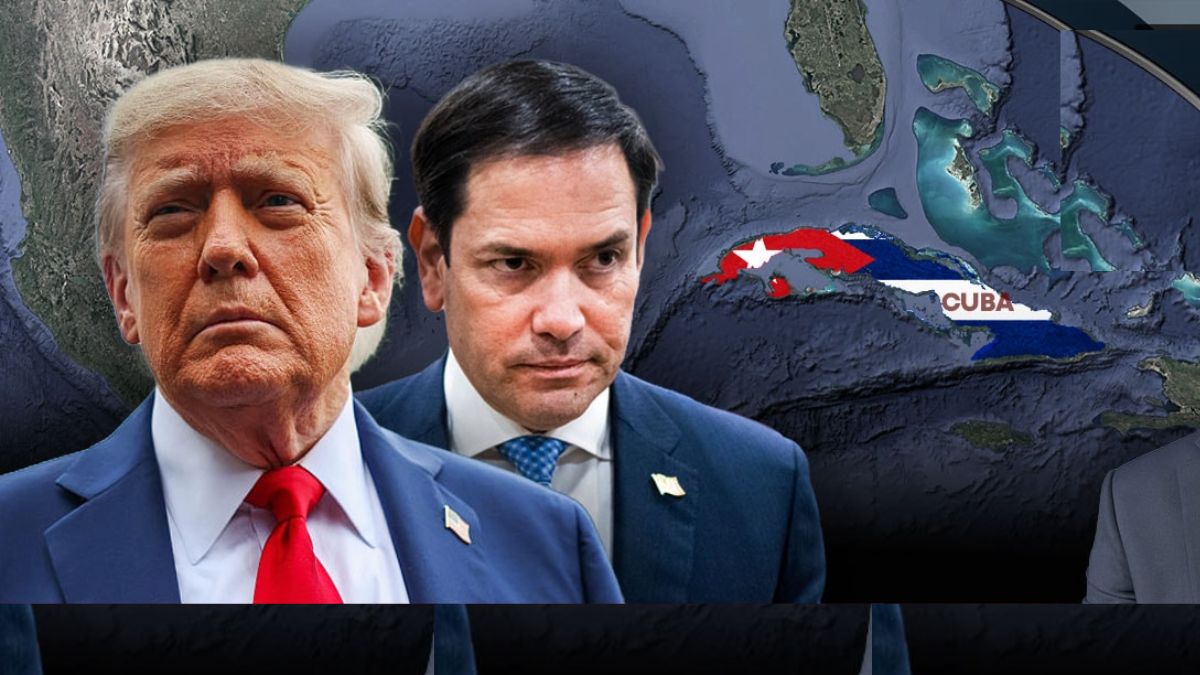)
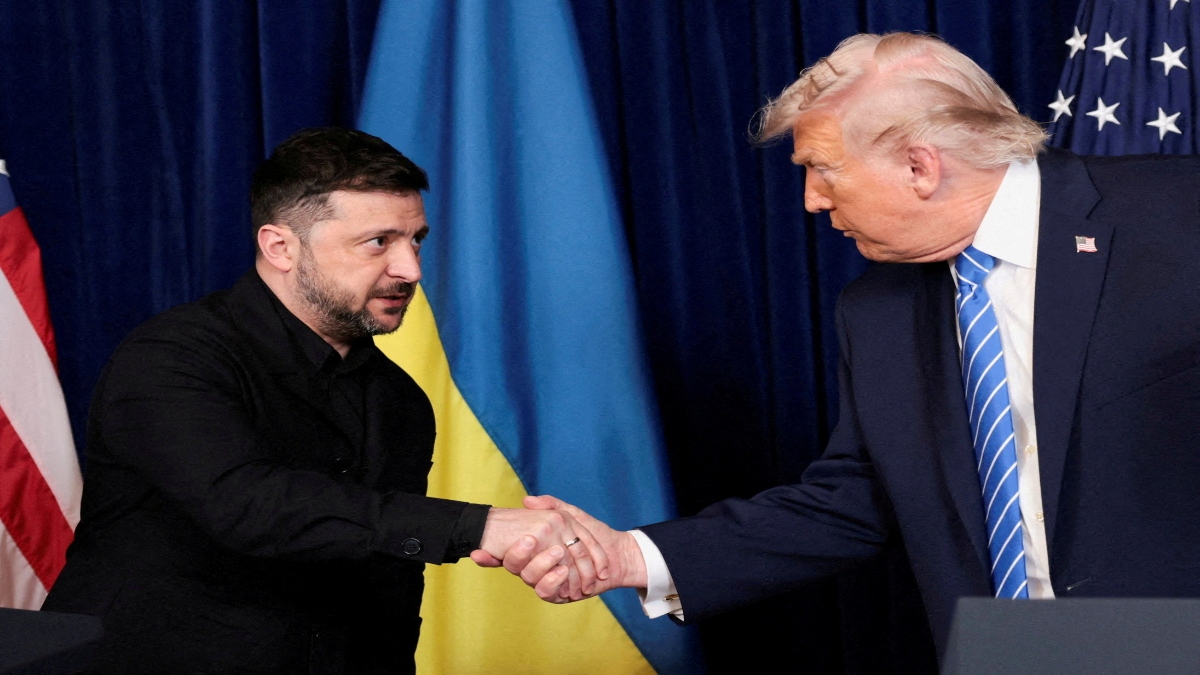)
)
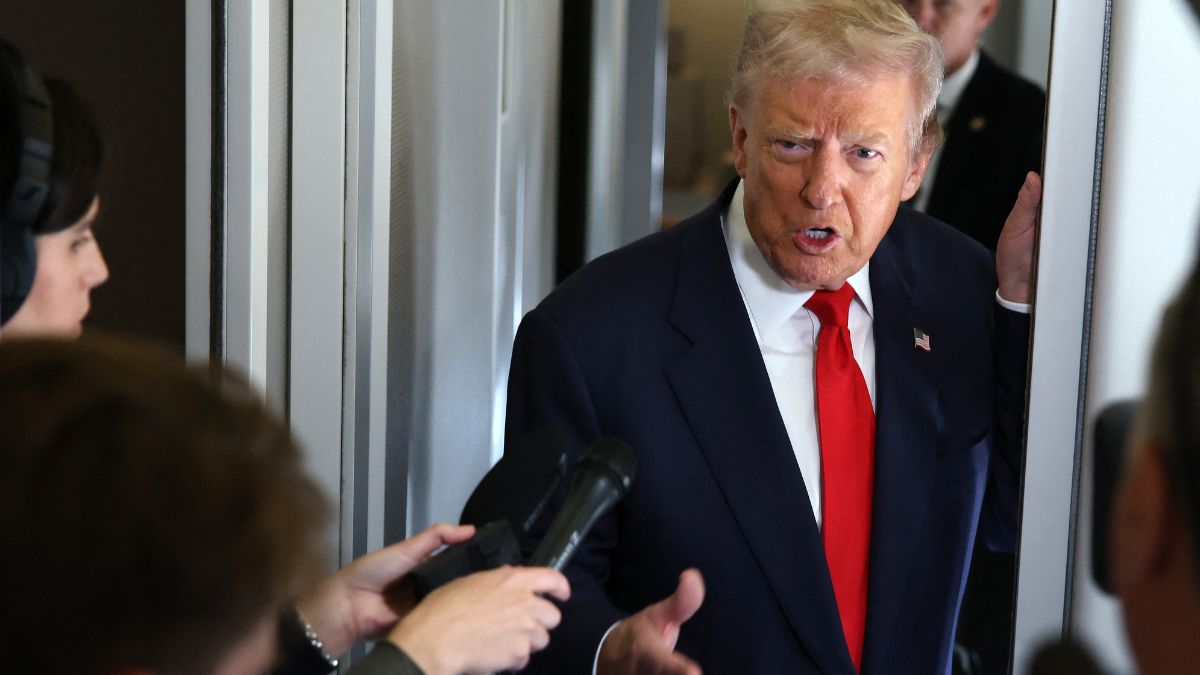)



